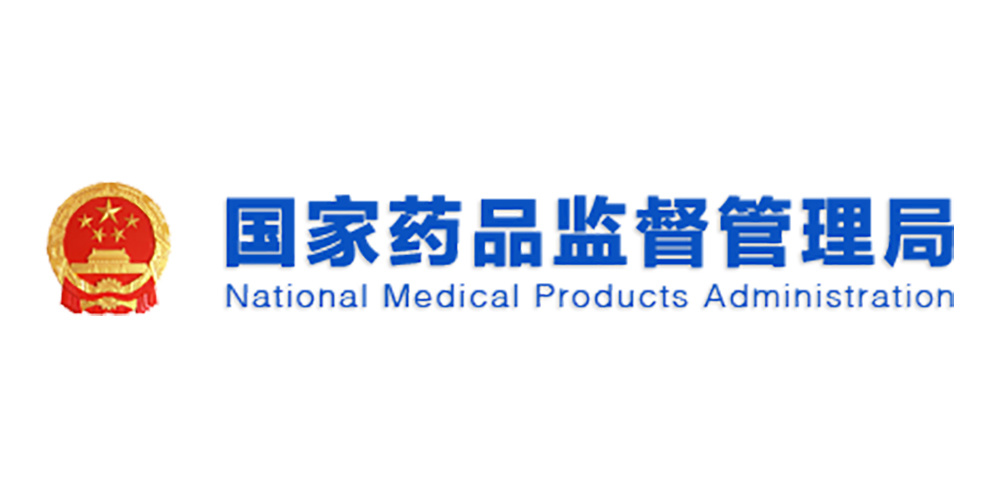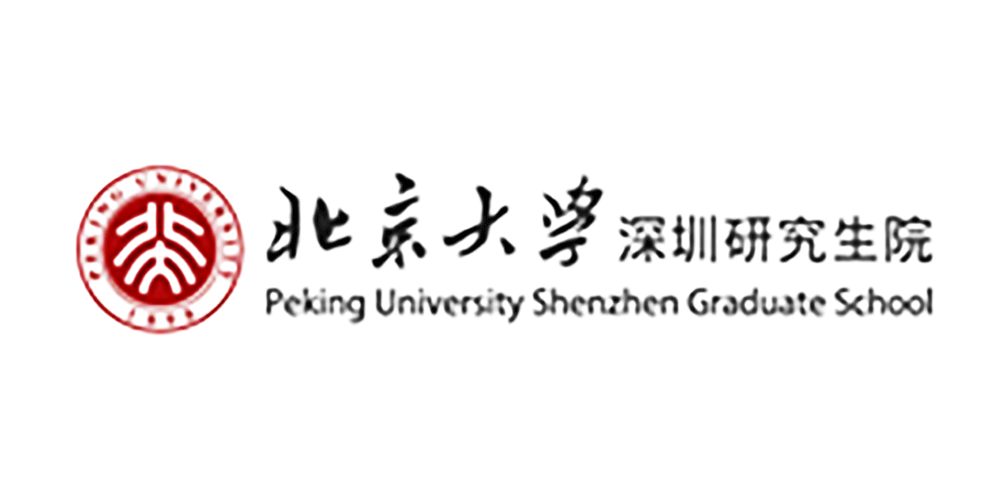News attention
19
2020
-
06
Dr. Yu Zhixiang
Yu Zhixiang
Chief scientist of Pingshan Biomedical R&D and Transformation Center
Phone: +86-10-62767735
Email: yuzx@pku.edu.cn
Research Group Home: http://www.chem.pku.edu.cn/zxyu/
·Education and work experience
1987-1991 Wuhan University, B.S.;
1994-1997 Peking University, M.S.;
1997-2001 Ph.D., Hong Kong University of Science and Technology;
2001-2004 Postdoctoral Fellow, University of California, Los Angeles;
2004-2008 Peking University, Associate Professor, PhD supervisor, academic leader of theoretical and synthetic organic chemistry, leader of independent research group;
2008-present Peking University, Professor, PhD supervisor, academic leader of theoretical and synthetic organic chemistry, leader of independent research group.
2020-present Chief Scientist of Pingshan Biomedical R&D and Transformation Center, Shenzhen Bay Laboratory.
·Awards and honors
2018 WuXi AppTec Life Chemistry Research Award - Scholar Award
2018 Bayer Researcher Award, Peking University
2015 Minister of Education Jiang Scholar
2012 National <> Excellent Doctoral Dissertation Supervisor
2011 Chinese Chemical Society-Sci-Finder Organic Synthesis Creation Award
2011 Chinese Chemical Society-BASF Youth Knowledge Innovation Award
2011 Chinese Chemical Society - Physical Organic Chemistry Award
2008 Recipient of the National Outstanding Youth Fund
·The research direction of Professor Yu Zhixiang's research group
Many drug molecules and active natural product molecules have complex ring structures, which is often one of the biggest challenges for chemists to synthesize these molecules. In response to this scientific problem, Professor Yu Zhixiang's team at Peking University has developed and is developing a series of new ring-forming reactions to provide chemists with powerful practical tools for synthesizing cyclic skeletons, thereby facilitating the efficient synthesis of natural products and drug molecules. These reactions can also synthesize some new skeletons that have not yet been discovered in nature, which can expand the chemical space of drug discovery. At present, the new ring-forming reactions that have been developed include: [5+2+1] reaction, [7+1] reaction, benzo [7+1] reaction to construct eight-membered carbon rings; [5+2] reaction, [4+2+1] reaction, disene-diyne cyclic isomerization reaction (6/7/5, 6/7/6, 5/7/5, 5/7/6 ring system) to construct heponetal carbon rings; [5+1] reaction, [3+2+1] reaction to construct a six-membered carbon ring; Three [3+2] reactions and one dilute diene ring isomerization reaction for constructing five-membered carbon rings. Yu Zhixiang's research group applied the [5+2+1] reaction, [3+2+1] reaction, [5+1] reaction, etc. to the synthesis of multiple complex natural products such as Asteriscanolide, Hirsutene, Glathamine (treatment of Alzheimer's disease), etc. Professor David Chen of Seoul National University in South Korea used the dilute diene cyclic isomerization reaction of Yu Zhixiang's group to complete the synthesis of the natural product Dendrobine; Professor Lei Xiaoguang of Peking University used the [3+2+1] reaction of Yu Zhixiang's group to complete the total synthesis of enantio-kauridine tetracyclic diterpene natural products.
Professor Yu Zhixiang is mainly engaged in combining theoretical calculation with organic synthesis, studying the mechanism of organic chemical reactions, developing new methods of organic synthesis, and applying them to the synthesis and post-modification of natural products and drug molecules. At present, the mechanisms of more than a dozen important chemical reactions such as Lu-[3+2] cycloaddition reaction, metal-catalyzed cycloaddition reaction, and carbene insertion reaction have been deeply studied: the important phenomenon that water and other proton donors are required as catalysts in the process of [1,2]-proton migration has been found and verified theoretically and experimentally; A new semi-quantitative front-line molecular orbital method is proposed to semi-quantitatively calculate the activation energy of the reaction as well as the nucleophility and electrophility of the molecule. Cyclic reactions such as [3+2], [5+1], [3+2+1], [4+2+1], [7+1], [5+2+1] and other cyclic reactions for the synthesis of different ring molecules were developed, and applied to the synthesis of multiple natural products.
Professor Yu Zhixiang's drug research group will rely on the Pingshan Biomedical R&D and Transformation Center of Shenzhen Bay Laboratory to mainly use the cyclic formation reaction they have developed as a synthesis tool to build a library of polycyclic molecular compounds, as well as synthesize natural products and analogues with important biological activities, so as to find lead compounds that can be used in the treatment of cancer, neurodegenerative diseases and antivirals, and hope to promote these molecules to clinical research. At the same time, the research group will also work with collaborators to discuss the mechanism of action of these active molecules and biological targets and other related chemical biology issues, in order to promote the development of medicinal chemistry and chemical biology.
·Representative outcomes
- Bayer Investigator Award at PKU, 2018.
- Wuxi Pharma Life Science Research Scholar Award, 2018.
- Fellow of the Royal Society of Chemistry, 2016.
- Chang-Jiang Professorship, Ministry of Education, China, 2015.
- Nankai University Lectureship on Organic Chemistry, 2014.
- Advisor of the Best 100 Ph.D Theses in China, 2012, Ministry of Education, China.
- The Asian Core Program Lectureship Award (Singapore), the Asian Cutting-Edge Organic Chemistry programs, 2012.
- Chinese Chemical Society-Sci Finder Award for Creative Work in Synthetic Organic Chemistry, 2011.
- Chinese Chemical Society-Physical Organic Chemistry Award, 2011.
- Chinese Chemical Society-BASF Award, 2011.
- Distinguished Lectureship Award, the Asian Symposium of Annual Meeting of Chemical Society of Japan, 2010.
- The Asian Core Program Lectureship Award (Japan), the Asian Cutting-Edge Organic Chemistry programs, 2008.
- The National Science Fund for Distinguished Young Scholars of China, 2008.
- The Young Chemist Award, the Chinese Chemical Society & the Royal Society of Chemistry, 2008.
- Thieme Synlett/Synthesis Journal Award, 2008.
- Research Excellence Award, Department of Chemistry & Biochemistry, University of California, Los Angeles, 2004.
RELATED NEWS








